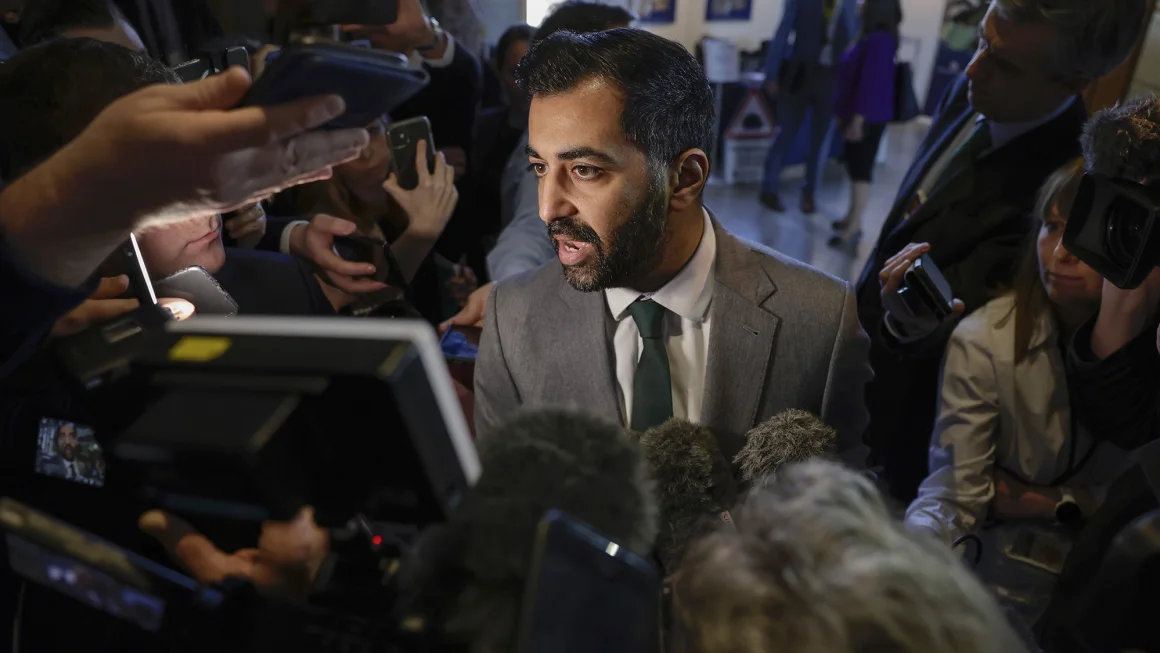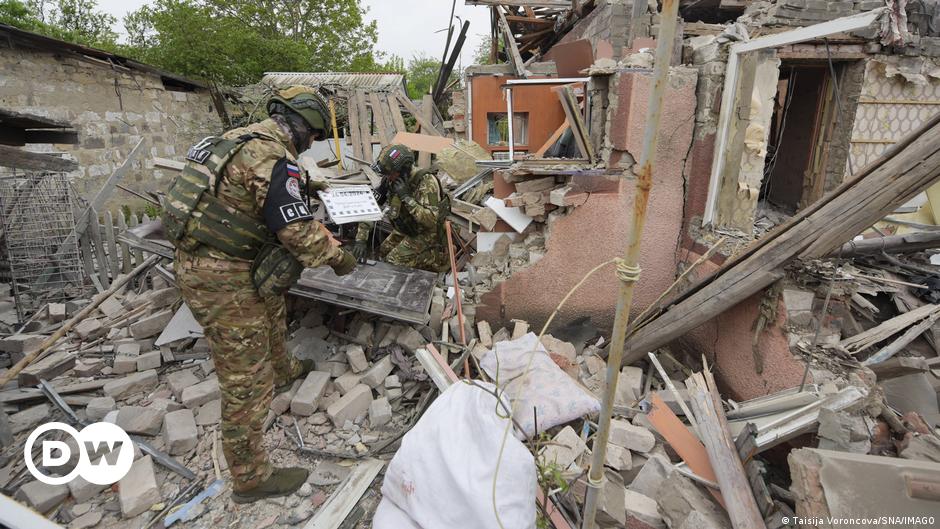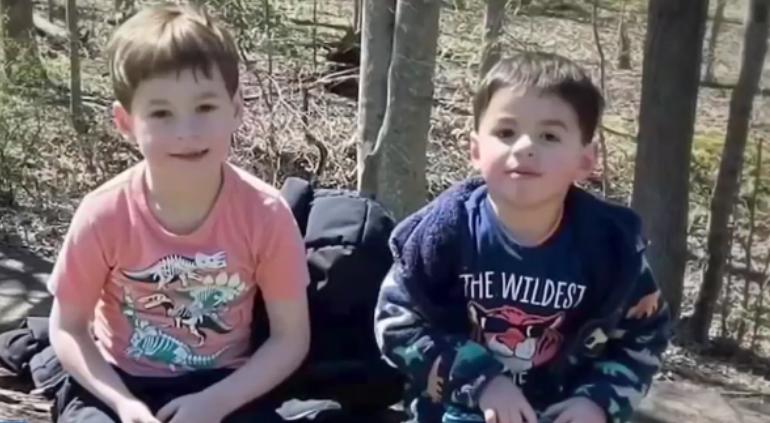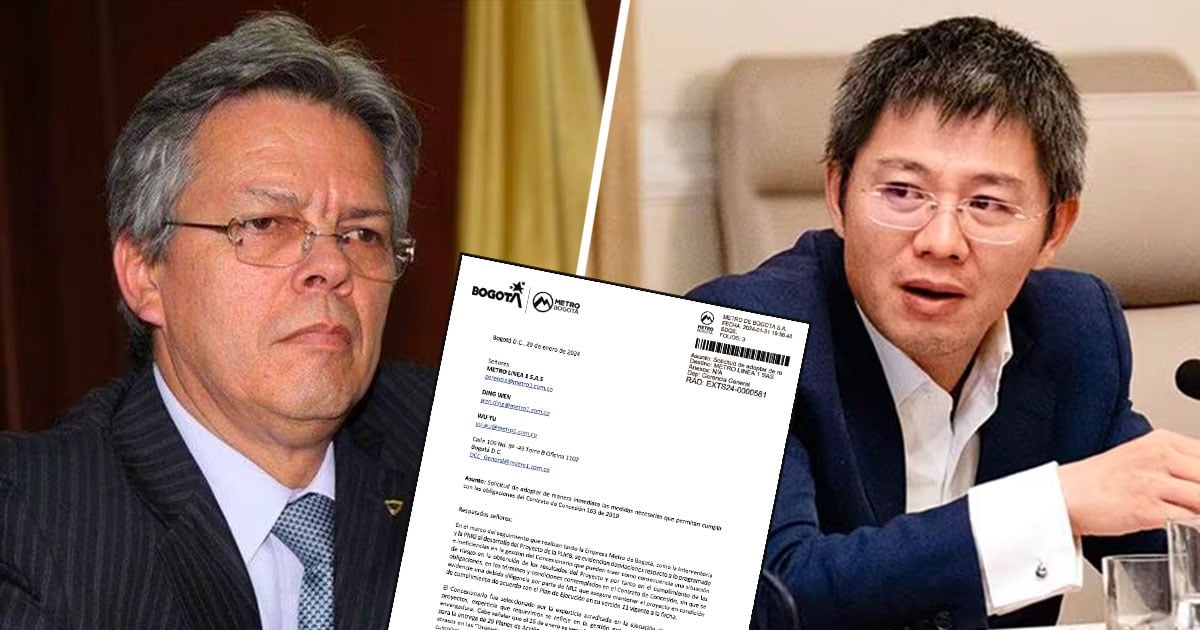Rwanda / Uganda. Rwanda and Uganda sign extradition agreement after bilateral meeting to reduce tensions

MADRID, February 21 (Europe Press) –
The presidents of Rwanda and Uganda, Paul Kagame and Yoweri Museveni, respectively, held a meeting on Friday at the Katuna border crossing, amid regional efforts to reduce bilateral tensions, which have escalated in recent months.
The meeting, which was attended by the Presidents of Angola and the Democratic Republic of the Congo, Joao Loreno and Felix Tshisekedi, respectively, was followed by the signing of an extradition agreement between Kigali and Kampala.
In its closing statement, the Quartet Summit stressed that “progress has been made regarding the parties’ commitment to do everything in their power to remove pressures” since the meeting held a few weeks ago in the Angolan capital, Luanda.
“In this sense, the release of prisoners by both parties and ensuring that this process continues in line with the rule of law and humanitarian law is remarkable,” the text reads.
In this sense, the participants in the summit praised the signing of the extradition treaty, stressing that it “represents the legal framework for the management of judicial cases, including those related to the alleged subversive activities committed by its citizens in the territory of the other country.” .
The participants also recommended that “Uganda verify, within a month, Rwanda’s allegations of acts committed on its territory by forces hostile to the Rwandan government”.
“If these accusations are proven, the Ugandan government will take all measures to stop it and prevent it from happening again. This action must be checked and confirmed by the Ministerial ‘Ad Hoc’ Committee for the Implementation of the Luanda Memorandum of Understanding,” they continued.
They finally stressed that “once this recommendation has been implemented and the heads of state have been informed,” a new meeting will be held within 15 days at the Katona border crossing for “the formal reopening of the borders and the subsequent normalization of relations between the two countries.”
Museveni and Kagame agreed in early February to improve relations and release citizens held in the neighboring country, a prisoner exchange that took place this week.
Thus, both countries pledged to take any action that would “create the perception that it is supporting, financing, training or infiltrating destabilizing forces in the neighboring country.”
crossing charges
The Rwandan government accused Kampala of supporting rebel groups opposed to Kagame, including the Rwandan National Congress and the Democratic Forces for the Liberation of Rwanda.
Kampala, for its part, accused Rwanda of imposing a de facto trade embargo on Uganda. He also denied the existence of a “witch hunt” against Rwandans living in the country, following Kigali’s accusations in this regard.
Increased bilateral tensions have raised concerns about a sub-conflict between the two countries and Burundi – also at a diplomatic spat with Rwanda – in the eastern Democratic Republic of the Congo, where they support various armed groups.
The International Crisis Group (ICG) recently warned that “intensive hostilities between the countries of the Great Lakes region threaten to return to the regional wars that tore the region apart in past decades.”
Upon his arrival a year ago to the presidency of the Democratic Republic of the Congo, Felix Tshisekedi chose the diplomatic channel – mediated by Loreno – although it has recently stopped and opened the door to military cooperation with the above-mentioned countries. Various rebels.
In this sense, the International Crisis Group stressed that Tshisekedi “must prioritize diplomatic channels (…) to de-escalate tensions between his neighbours” because the sub-conflict “could further destabilize the DRC and even provoke a major security crisis at the regional level”.

“Coffee fanatic. Gamer. Award-winning zombie lover. Student. Hardcore internet advocate. Twitter guru. Subtly charming bacon nerd. Thinker.”











